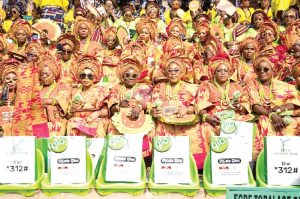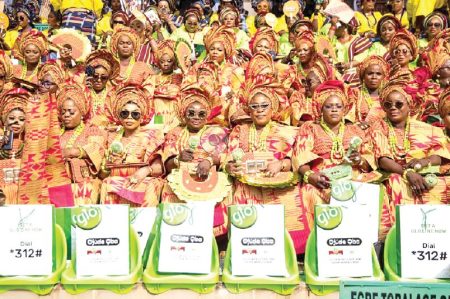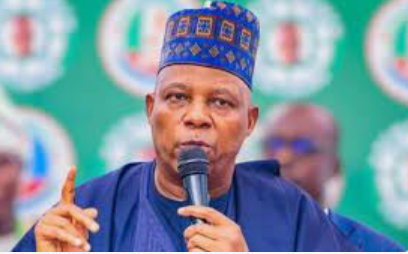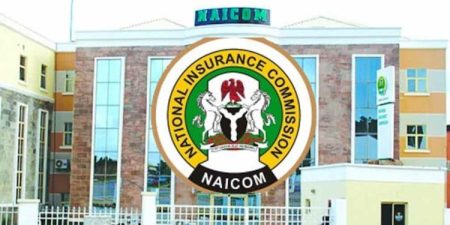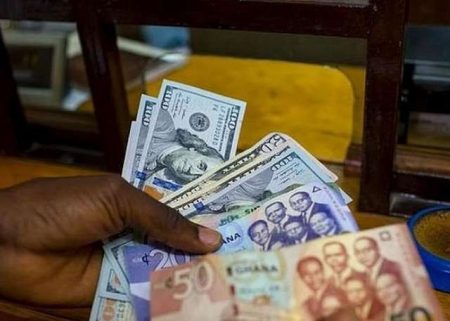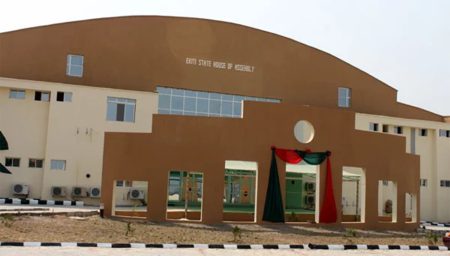Nigeria’s 2024 Budget: A Deep Dive into Fiscal Imbalance and Infrastructure Deficit
Nigeria’s 2024 budget reveals a stark fiscal imbalance, with recurrent expenditure, particularly debt servicing, overshadowing critical investments in infrastructure. Out of a total budget of N24.91 trillion, a mere N4.99 trillion, representing only 20%, has been allocated to capital projects, leaving the nation’s pressing infrastructure needs significantly underfunded. This represents not only a stark disparity but also a concerning decline from the 23% allocated in 2023, indicating a trend away from prioritizing long-term development. The bulk of the budget, a staggering N18.4 trillion, has been consumed by recurrent expenditure, a significant increase from N14.71 trillion in the previous year. This escalating recurrent expenditure is primarily driven by ballooning debt servicing costs and personnel expenses, further hindering the nation’s ability to allocate resources towards crucial infrastructure upgrades and social sector development.
The crux of Nigeria’s fiscal challenge lies in the ever-widening gap between revenue and expenditure. While revenue has seen a commendable increase to N9.44 trillion in 2024, up from N5.99 trillion in 2023, it remains insufficient to cover the burgeoning expenditure. This leaves a gaping fiscal deficit of N15.47 trillion, which the government is forced to finance through borrowing, thereby exacerbating the national debt burden. This cycle of borrowing to cover operational costs creates a vicious circle, diverting resources away from much-needed infrastructure development towards servicing existing debt. The result is a stagnating development landscape, leaving Nigeria’s infrastructure lagging behind its rapidly growing and urbanizing population.
Nigeria’s infrastructure deficit poses a significant obstacle to economic growth and development. The country’s existing infrastructure stock accounts for a mere 30% of GDP, far below the World Bank’s recommended benchmark of 70%. Furthermore, Nigeria trails behind 23 other African countries on the African Development Bank’s Africa Infrastructure Development Index, underscoring the urgency of bridging the infrastructure gap. Projections estimate that Nigeria’s infrastructure deficit could reach a staggering $878 billion by 2040 if current trends persist. The persistent underfunding of capital projects exacerbates this deficit, hindering the nation’s ability to unlock its economic potential. The lack of investment in critical infrastructure sectors such as transportation, power, healthcare, and education further impedes development and undermines efforts to improve the quality of life for Nigerians.
The escalating cost of debt servicing is a major contributor to Nigeria’s fiscal woes. In 2024, debt servicing consumes a staggering N11.6 trillion, a significant increase from N8.86 trillion in 2023, and now accounts for 47% of the total budget. This alarming figure represents a substantial rise from 45% in the previous year, demonstrating a deepening fiscal imbalance. This means that nearly half of every naira spent by the government is dedicated to servicing existing debt, leaving a dwindling share for crucial investments in infrastructure, education, healthcare, and other essential services. This unsustainable trend places immense pressure on the budget and threatens to cripple the nation’s ability to invest in its future.
Alongside the mounting debt servicing costs, personnel costs also contribute significantly to the growing recurrent expenditure. Salaries and pensions have risen to N4.49 trillion in 2024, up from N3.49 trillion in 2023, consuming 18% of the total budget. While this percentage remains stable compared to the previous year, the increasing wage bill, influenced by minimum wage adjustments and the expanding public sector, continues to strain Nigeria’s finances. This rise in personnel costs limits the funds available for vital infrastructure projects and social services, further hindering efforts to address critical development needs.
The combined weight of debt servicing and personnel costs paints a concerning picture of Nigeria’s fiscal sustainability. These two components alone account for a staggering 65% of the 2024 budget, leaving a mere 35% for capital expenditure, social services, and overhead costs. This disproportionate allocation of resources underscores the urgent need for fiscal reforms and prioritization of capital expenditure to address the nation’s infrastructure deficit and foster sustainable development. With an increasing share of the budget dedicated to servicing existing obligations, Nigeria faces a critical challenge in breaking free from the cycle of debt and investing in its future. The overreliance on borrowing to finance the widening fiscal deficit is a significant concern, potentially leading to a debt trap and further jeopardizing the nation’s long-term economic prospects. Expertenmeinungen betonen die Notwendigkeit einer besseren Haushaltsführung, einer Verringerung der Abhängigkeit von Schulden und einer verstärkten Priorisierung von Investitionen in produktive Sektoren, um Stabilität und Wachstum zu gewährleisten.



